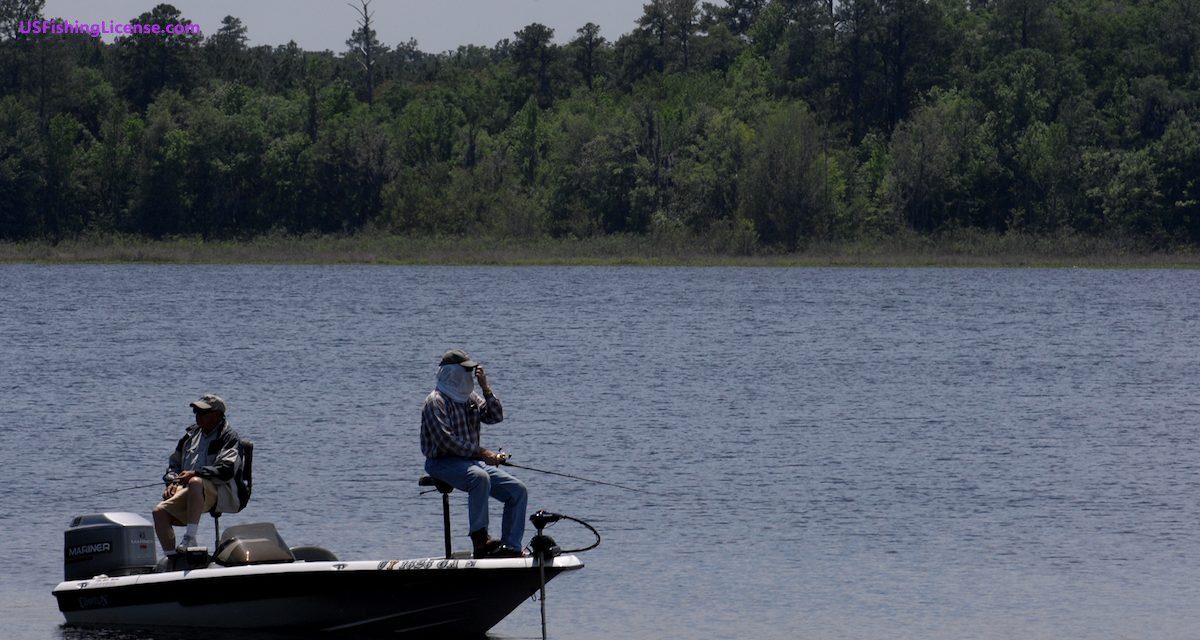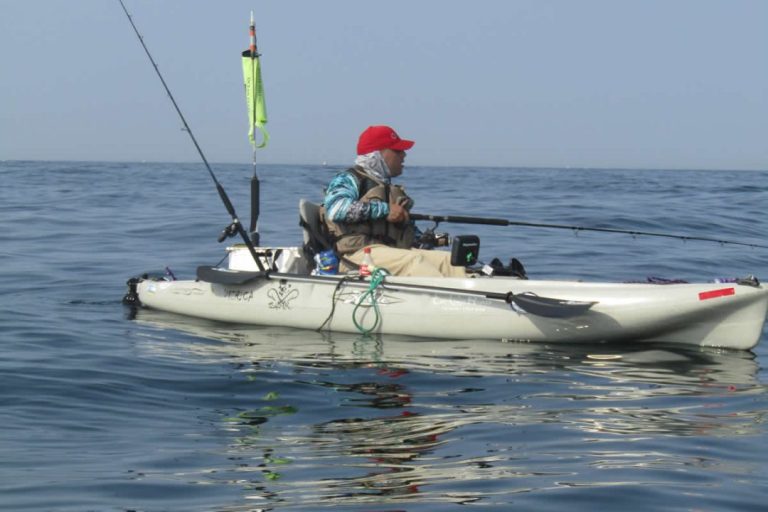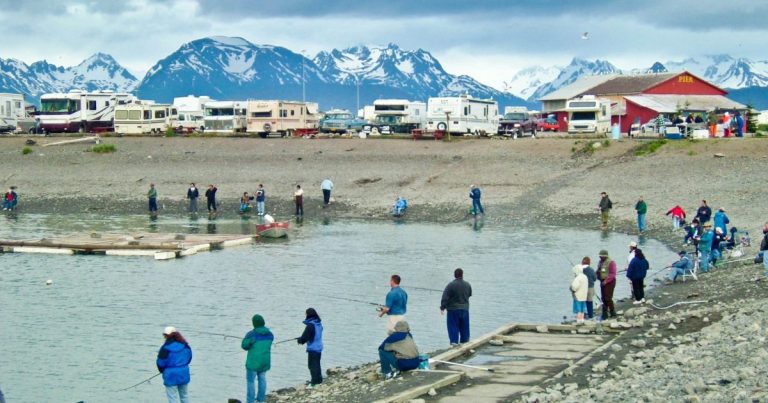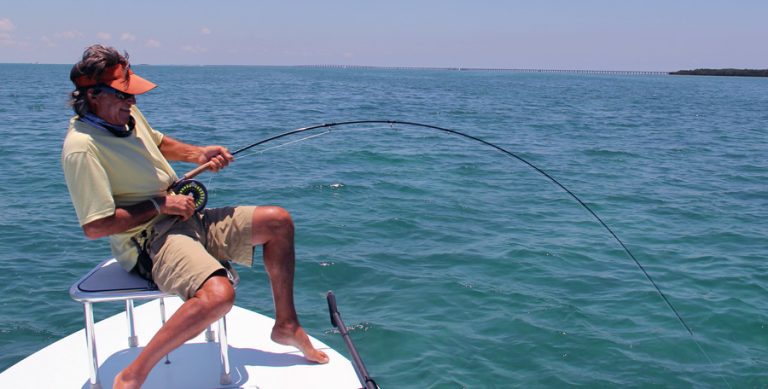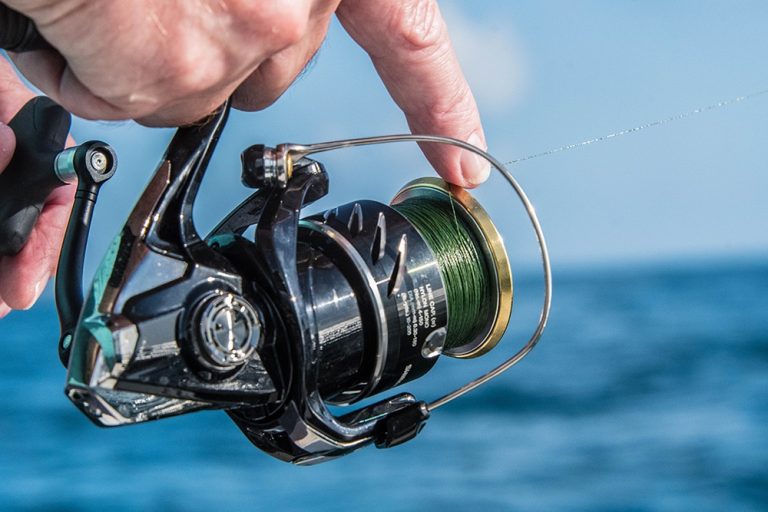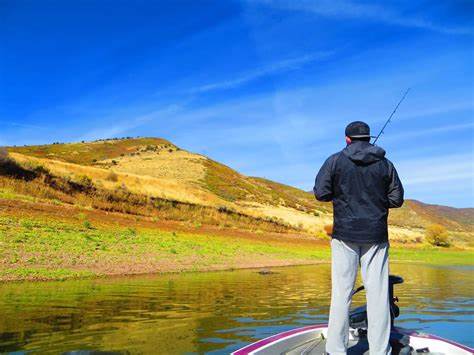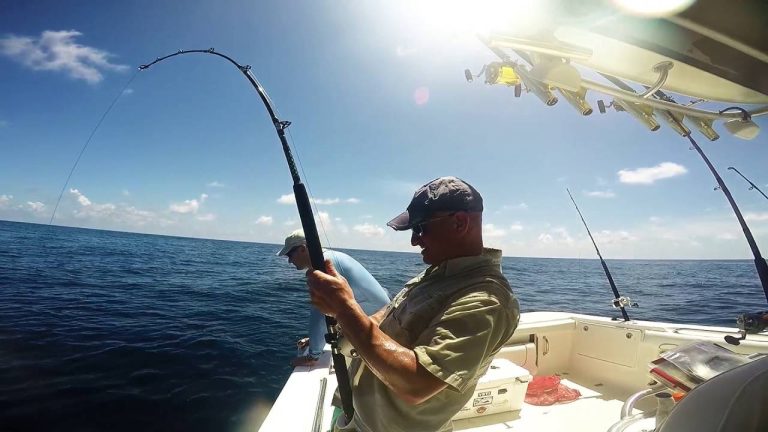Fishing in Georgia is not just a pastime; it’s a cherished tradition that spans generations. With a variety of freshwater lakes, rivers, and access to the Atlantic coastline, fishing enthusiasts can enjoy numerous opportunities throughout the state. However, to partake in these fishing adventures legally, anglers must navigate the process of obtaining the appropriate fishing licenses. This guide aims to provide a comprehensive overview of how to get a fishing license in Georgia for 2025, detailing the types of licenses available, costs, purchasing methods, regulations, and conservation efforts.
Understanding Fishing Licenses in Georgia
Importance of Fishing Licenses
Fishing licenses play a critical role in the conservation and management of aquatic resources. They help fund various initiatives aimed at preserving fish populations and their habitats, ensuring that future generations can enjoy fishing in Georgia. By purchasing a fishing license, anglers contribute to these efforts while also securing their legal right to fish.
Who Needs a Fishing License?
In Georgia, anyone aged 16 and older must possess a valid fishing license to fish in both fresh and saltwater. This requirement applies to all anglers, whether they are residents or non-residents. However, there are exemptions for certain individuals, such as those fishing in private ponds or residents fishing on their own land with immediate family members.
Types of Fishing Licenses in Georgia
Georgia offers a variety of fishing licenses to cater to the diverse needs of both residents and non-residents. Below is a detailed overview of the different types of fishing licenses available:
Resident Fishing Licenses
| License Type | Cost ($) | Description |
|---|---|---|
| Annual Fishing License | 15 | Covers basic fishing privileges for both fresh and saltwater fishing. |
| One-Day Fishing License | 5 | Valid for one day; additional days can be added for $1 each. |
| Senior Fishing License | 4 | Annual cost for residents aged 65 and older; seniors born on or before June 30, 1952, may qualify for a free lifetime license. |
| Trout License | 10 | Required for fishing in designated trout waters and for possessing trout. |
| Disability Fishing License | 3 | Annual cost for residents with permanent disabilities; $9 for a three-year license. |
Non-Resident Fishing Licenses
| License Type | Cost ($) | Description |
|---|---|---|
| Annual Fishing License | 50 | Covers basic fishing privileges for both fresh and saltwater fishing. |
| One-Day Fishing License | 10 | Valid for one day; additional days can be added for $3.50 each. |
| Trout License | 25 | Required for fishing in designated trout waters and for possessing trout. |
Special Permits
| Permit Type | Cost ($) | Description |
|---|---|---|
| Saltwater Information Program (SIP) Permit | Free | Required for saltwater fishing; valid for 365 days from the date of purchase. |
| Commercial Fishing License | 20 (residents) / 200 (non-residents) | Required for individuals engaging in commercial fishing activities. |
How to Purchase a Fishing License
Obtaining a fishing license in Georgia is designed to be straightforward and accessible. Anglers can purchase their licenses through various methods:
Online
- Visit the Georgia Department of Natural Resources website to purchase and print your fishing license. This method is available 24/7 and is highly convenient.
By Phone
- Call 1-800-366-2661. Customer service representatives are available Monday through Friday from 8 am to 6 pm and on weekends from 9 am to 5 pm.
In Person
- Licenses can be purchased from local agents, including most WRD/CRD regional offices, state parks, marinas, major retailers, and sporting goods stores. This option allows anglers to receive assistance and immediate answers to any questions they may have.
Regulations and Requirements
Understanding the regulations surrounding fishing licenses is crucial for maintaining sustainable fishing practices in Georgia. Here are the key regulations every angler should be aware of:
Age Requirements
- Anglers aged 16 and older must have a valid fishing license while fishing in Georgia waters. This requirement ensures that all anglers contribute to conservation efforts.
Identification
- Anglers must carry a valid fishing license and may be required to show photo identification when checked by game wardens. It is advisable to keep a copy of the license on your person while fishing.
Exemptions
- No fishing license is required for fishing in private ponds or for residents and their immediate family fishing on their land. This exemption encourages local fishing and family bonding.
Trout Fishing
- A trout license is required for fishing in designated trout waters and for possessing trout. Anglers should familiarize themselves with the specific regulations governing trout fishing, including designated waters and limits.
Reciprocal Agreements
- Georgia has reciprocal agreements with Alabama, Florida, North Carolina, and South Carolina, allowing holders of Georgia fishing licenses to fish in the waters covered without obtaining a fishing license from the bordering state. This collaboration enhances fishing opportunities for residents and visitors alike.
Conservation Efforts
Fishing license fees directly support various conservation initiatives aimed at preserving Georgia’s aquatic resources. Here are some key areas where these funds are utilized:
- Habitat Restoration: License fees contribute to restoring and maintaining healthy aquatic habitats, ensuring sustainable fish populations.
- Fish Stocking Programs: Funds are used to stock lakes and rivers with fish species, enhancing fishing opportunities for anglers.
- Public Access Improvements: License fees help improve access to fishing areas, making it easier for anglers to enjoy the sport.
By purchasing a fishing license, anglers not only secure their legal right to fish but also participate in the stewardship of Georgia’s natural resources. This collective effort is vital for the sustainability of the state’s fishing environments.
Conclusion
Obtaining a fishing license in Georgia is a crucial step for any angler looking to explore the state’s fishing opportunities legally and responsibly. By understanding the types of licenses available, associated costs, purchasing methods, and regulations, both residents and visitors can enjoy a seamless fishing experience. Furthermore, being aware of the impact of license fees on conservation efforts underscores the importance of participating in this vital aspect of Georgia’s fishing community.
For more information and to purchase your fishing license, visit the Georgia Department of Natural Resources website.
Do I need a fishing license to fish on private property in Georgia?
In most cases, you do not need a fishing license to fish on private property in Georgia, provided you have permission from the property owner. However, if the private property is used for commercial fishing or if the fish are sold, a license may be required.
Can I use my Georgia fishing license to fish in other states?
No, a Georgia fishing license is only valid for fishing within the state’s boundaries. If you plan to fish in another state, you’ll need to obtain a fishing license from that state’s wildlife agency.
What should I do if I lose my fishing license?
If you lose your fishing license, you can easily replace it online at GoOutdoorsGeorgia.com, by phone at 1-800-366-2661, or in person at a license dealer. A small fee may apply for replacing your license.
Does Georgia offer any free fishing days?
Yes, Georgia typically offers a few free fishing days each year, during which residents and non-residents can fish without a license. These dates are announced annually by the Georgia Department of Natural Resources’ Wildlife Resources Division.
How can I report a fishing violation in Georgia?
If you witness a fishing violation, such as poaching or fishing without a license, you can report it to the Georgia Department of Natural Resources’ Wildlife Resources Division by calling 1-800-241-4113. You can also report violations online through the agency’s website.



